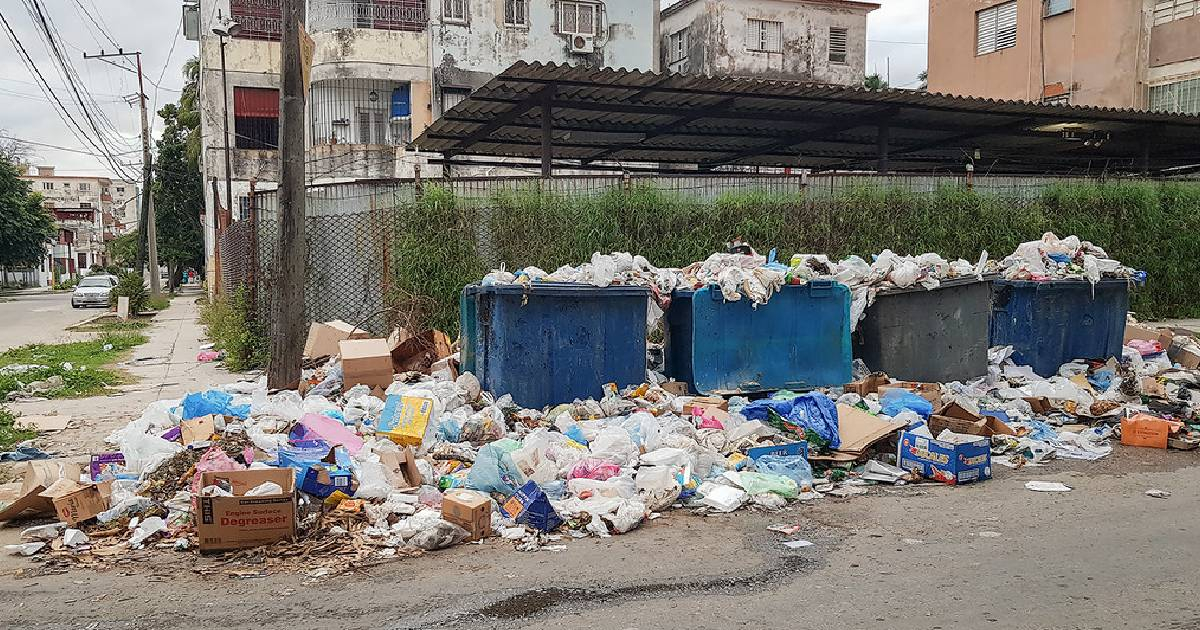
Related videos:
Cuban health authorities have issued an alert due to the increase in cases of hepatitis A in several regions of the country, notably in the province of Sancti Spíritus, which reported around 1,080 diagnosed cases by the end of 2024.
This increase has led to strengthened prevention and control measures to avoid further spread of the disease, according to a report from the official newspaper Escambray.
“At the end of 2024, a previously closed outbreak was reopened in La Sierpe; the cases still emerging are not geographically related to the initial group of patients. Additionally, we have incidence, although to a lesser extent, in the municipalities of Sancti Spíritus and Cabaiguán”, said Dr. Yurien Negrín Calvo, Deputy Director of the Provincial Center for Hygiene, Epidemiology, and Microbiology.
Hepatitis A is an acute viral disease that affects the liver, primarily transmitted through the ingestion of water or food contaminated with the feces of infected individuals. Its spread is facilitated in conditions of poor hygiene and in areas with issues regarding the supply and treatment of drinking water.
Main symptoms
The symptoms of hepatitis A can vary in intensity and may sometimes be confused with other conditions. The most common include:
- Decline and fatigue.
- Loss of appetite.
- Mild to moderate fever.
- Jaundice: yellowing of the skin and mucous membranes.
- Nausea and vomiting.
- Abdominal pain, especially in the upper right area.
- Dark urine and light or whitish feces.
It is important to note that not all infected individuals exhibit all of these symptoms, and some may be asymptomatic, especially in children.
Prevention measures
To reduce the risk of contagion, the following actions are recommended:
- Boil the water intended for human consumption or treat it with sodium hypochlorite, following the guidelines of health authorities.
- Thoroughly wash fruits and vegetables before consumption.
- Maintain rigorous personal hygiene, including frequent handwashing with soap and water, especially before eating and after using the bathroom.
- Disinfect surfaces and household utensils with chlorine solutions, especially in homes with infected individuals.
- Avoid open defecation and ensure the proper disposal of fecal waste.
In December 2024, the Ministry of Public Health (MINSAP) confirmed a significant increase in this disease, primarily linked to the consumption of water contaminated with fecal matter.
One of the most affected provinces has been Cienfuegos. Last year, an outbreak was reported in the Reina neighborhood of the city, where over 5,000 residents were infected due to the contamination of drinking water with sewage.
Additionally, the national director of Epidemiology at MINSAP, Francisco Durán, reported on an increase in diarrheal diseases, also related to water quality and food hygiene. Durán emphasized the importance of consuming boiled or chlorinated water and properly washing vegetables to prevent infections.
Frequently asked questions about the increase in hepatitis A cases in Cuba
Why have cases of hepatitis A increased in Cuba?
The increase in hepatitis A cases in Cuba is directly related to the consumption of water contaminated with feces. The lack of access to safe drinking water and poor hygiene conditions have exacerbated this situation, reflecting the Cuban government's inefficiency in ensuring an adequate sanitary environment for its population.
What are the most common symptoms of hepatitis A?
The most common symptoms of hepatitis A include weakness and fatigue, loss of appetite, mild to moderate fever, jaundice (yellowing of the skin and mucous membranes), nausea, vomiting, abdominal pain, dark urine, and pale stools. It is important to identify these symptoms to receive appropriate medical attention.
What preventive measures are recommended to avoid hepatitis A?
To prevent hepatitis A, it is recommended to boil water before consuming it, thoroughly wash fruits and vegetables, maintain rigorous personal hygiene, and disinfect surfaces and household utensils. However, in Cuba, the scarcity of resources and inadequate conditions of the drinking water supply complicate the effective implementation of these measures.
What actions is the Cuban government taking in response to the rise in hepatitis A?
The Cuban government has implemented epidemiological surveillance measures in response to the increase in hepatitis A cases. However, the lack of resources, scarcity of hygiene products, and inefficiencies in healthcare management limit the effectiveness of these actions, exposing the population to greater risks.
Filed under: